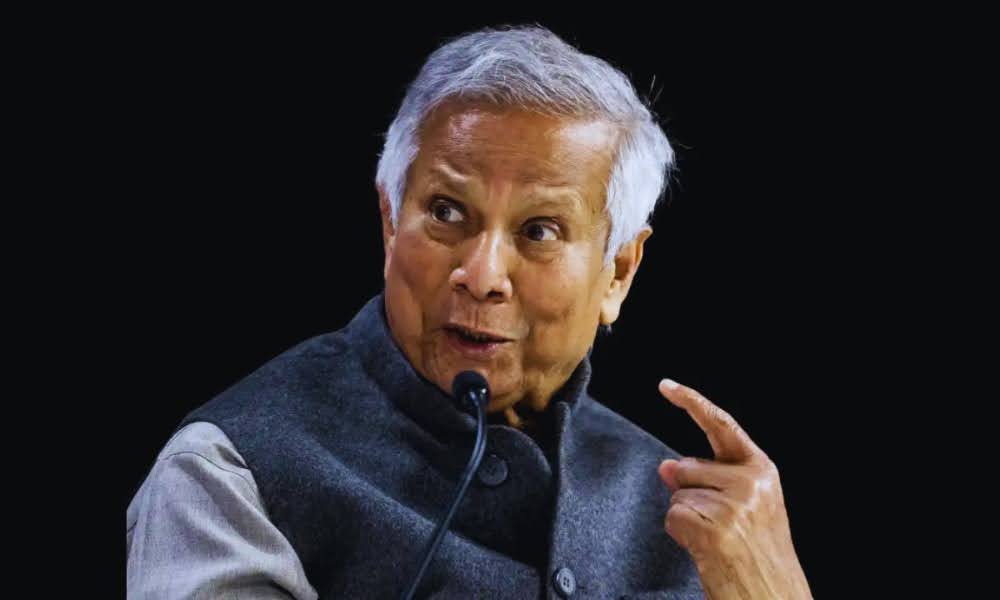Former Civil Volunteer Sanjay Roy Sentenced to Life for Trainee Doctor’s Murder, Sparking National Disappointment

On January 18, 2025, Sanjay Roy, a former civil volunteer, was sentenced to life imprisonment for the brutal rape and murder of a postgraduate trainee doctor at Kolkata’s RG Kar Medical College and Hospital.
The incident, which occurred on the night of August 8-9, 2024, caused national outrage, leading many to expect the death penalty for Roy.
However, the Sealdah Court sentenced him to life imprisonment, citing that the crime did not fall into the “rarest of the rare” category, a threshold for capital punishment in India.
Advocate Rehman, explaining the court’s decision, stated, “The crime can’t be placed in the ‘rarest of the rare’ category.” The court also ordered the West Bengal government to pay ₹17 lakh in compensation to the victim’s family.
Additional District and Sessions Judge Anirban Das, who presided over the case, declared Roy guilty of the heinous crime and emphasized the severity of the offense, although he denied the Central Bureau of Investigation’s (CBI) plea for the death penalty.
Roy was also directed to pay a ₹50,000 fine in addition to the compensation for the victim’s family.
CBI’s Investigation and Evidence
The CBI took over the investigation in August 2024 after the case was initially mishandled by local police, leading to widespread protests and calls for a transparent probe.
The CBI meticulously gathered forensic evidence, including DNA samples, which confirmed Roy’s involvement. DNA from bodily fluids and hair found on the victim’s clothing matched Roy’s.
In addition, CCTV footage showed Roy’s presence near the crime scene at RG Kar Medical College, supporting witness testimonies.
The investigation also revealed signs of an attempt to cover up the crime in its early stages, particularly the rushed cremation of the victim’s body, which raised suspicions of foul play.
The victim, a postgraduate medical trainee, was attacked while on duty at the hospital. Her injuries indicated a brutal act, involving strangulation and blunt force trauma, which corroborated the charges of both rape and murder.
Public Outrage and Family’s Disappointment
The case sparked public outrage, particularly due to the violent nature of the crime and the victim’s status as a medical professional on duty.
Many hoped for the death penalty, but the court’s decision to impose life imprisonment instead left the victim’s family and the public in shock.
The victim’s parents expressed their dissatisfaction with the verdict, with the mother stating, “How can this not be the rarest of the rare cases? An on-duty doctor was raped and murdered while being on duty. We are dismayed.” They questioned the judicial reasoning and speculated a larger conspiracy behind the crime.
Sanjay Roy, while denying the charges, claimed that he was being framed. “I am being framed and have not committed any crime. I have not done anything, and still, I have been held guilty,” Roy told the court.
Investigative Challenges and CBI’s Role
Initially, the Tala Police handled the case, but due to serious lapses, the investigation was transferred to the CBI.
The mishandling of evidence, including the hasty cremation of the victim’s body, and the potential suppression of critical information prompted public demand for a fair probe.
The CBI’s thorough investigation focused on forensic evidence and witness testimonies, securing a conviction against Roy.
The agency’s intervention also highlighted procedural flaws in the local police investigation, which contributed to the high level of public scrutiny.
Procedural Lapses and State Criticism
The handling of the case by local authorities was widely criticized. The rushed cremation of the victim’s body and the mishandling of the crime scene raised suspicions of a cover-up.
The victim’s family alleged that the police acted to suppress evidence, adding to the outrage and prompting the Calcutta High Court’s intervention.
The CBI’s involvement was seen as a necessary step to ensure an impartial and thorough investigation. The judgment acknowledged the need for a more rigorous approach to criminal investigations, especially in high-profile cases such as this.
Court’s Final Observations
In its judgment, the court noted the severity of the crime and the trauma caused to the victim’s family.
The court’s decision to not impose the death penalty was based on the belief that this particular case did not meet the criteria for such an extreme punishment.
However, the conviction of Sanjay Roy under multiple sections of the Bharatiya Nayay Sanhita (BNS) for rape and murder sent a strong message regarding the importance of justice in cases of brutality.
Judge Anirban Das emphasized the sanctity of the hospital as a professional space and the need for systemic accountability. “The evidence presented leaves no doubt about the accused’s culpability. The crime violated the sanctity of a professional space meant for healing,” the judge remarked.
The court’s verdict reflected a balance between justice and the gravity of the crime, but it also highlighted the need for procedural reforms to ensure transparency and accountability in high-profile investigations.
Roy’s life imprisonment ensures that he will spend the remainder of his life in prison, without the possibility of release.








